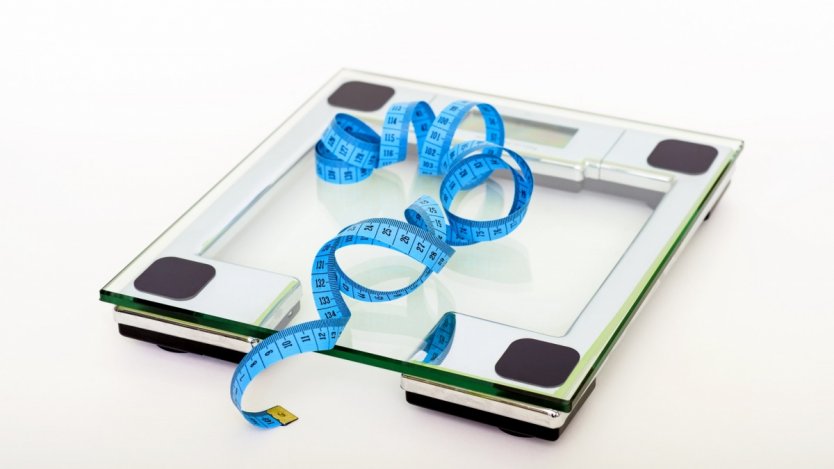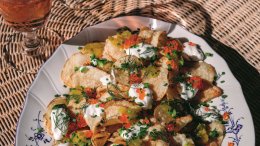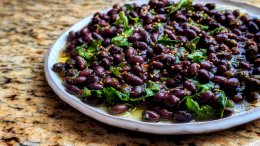It’s the beginning of January and I must say, if I have to see another Instagram post promoting clean eating, going keto, or any other form of diet bandwagon for the new year, I’m going to throw my phone out the window. An extreme response? Probably, but when I see it every year, subsequently write an article debunking diets, and then do it all over again in another 365 days, it gets a bit draining. Alas, let’s try again.
Why don’t diets work? First off, the fact that a multi-billion-dollar diet industry still exists suggests that there’s something fundamentally broken about the way we look at food and eating. We take some “expert’s” advice about how we should treat our body, try it for a bit before it inevitably fails, and then move onto the next greatest thing, all the while the behind-the-scenes bigwigs are making a pretty healthy chunk of change off of our collective struggle.
On an individual (and admittedly less cynical) level, diets don’t work because they are based on restriction. God forbid you touch carbs, our most fundamental source of energy, lest they go straight to your waistline. Restriction subsequently fosters deprivation, and ultimately, you’re left craving all of the foods you’ve been told are off-limits. This is not representative of a lack of “self control” or “will power.”
It’s a normal human thing to want to eat a variety of different foods that taste good.
But diets don’t tell you that; instead, they feed off of the idea that, at least for a little while, you will feel empowered thanks to all of the positive choices you’re making. You might, for a period of time, but eventually, you’re going to break. You’re going to have a chocolate bar or order a side of fries (because both of those things are totally acceptable for a human being to eat). When it happens though, you’ll feel miserable for breaking your “healthy” streak. Plus, you won’t go blaming the diet for your “failure”, you’ll put it all on yourself for being a terrible person.
So, why is this cycle so difficult to break? From my experience, for that, we need to look at why people are so enticed by diets in the first place.
For many, weight loss is the ultimate goal, whereas for others, it’s to feel better or to be “healthier.” Diets facilitate none of those things. In fact, they contribute to weight cycling or “yo-yo dieting”, which has been shown to negatively impact health in the long run. Diets don’t really help you feel better either, because they’re based on an unattainable standard that sets you up to fail. And you don’t wind up any healthier; thanks to dieting, you’re more susceptible to disordered eating, body image concerns, and the like.
I won’t tell you not to diet, but I want to inform people about what they are doing, and perhaps provide some insight into why it may not be working for them. An alternative perspective as it were.
So, you might be wondering, “Ok, so what’s my alternative?” Given that the central tenet of diets is that they provide you with an external opinion on what is best for you and your health, getting away from that means getting back in touch with what your body says it wants and needs. “Intuitive eating” is a more formal way of describing this, and a popular term as of late, being mentioned in a recently published story in The Globe and Mail. It essentially means listening to your body and your mind to guide you in making decisions related to food and eating.
But whether you want to call it intuitive eating or just everything in moderation (even moderation itself), the biggest thing I can advocate for is food not being so crazy complicated. Sometimes, you’ll want a salad, and sometimes you’ll want a piece of cake. Both of those choices can exist in the same space; they aren’t mutually exclusive. You don’t need someone else to tell you when you should have the salad or when you should have the cake; that decision is up to you and how you are feeling on that day, in that place, at that time. The more we can move away from polarizing food choices, dichotomizing good versus bad, and placing harsh judgements on food, the happier our relationships with it can be.













